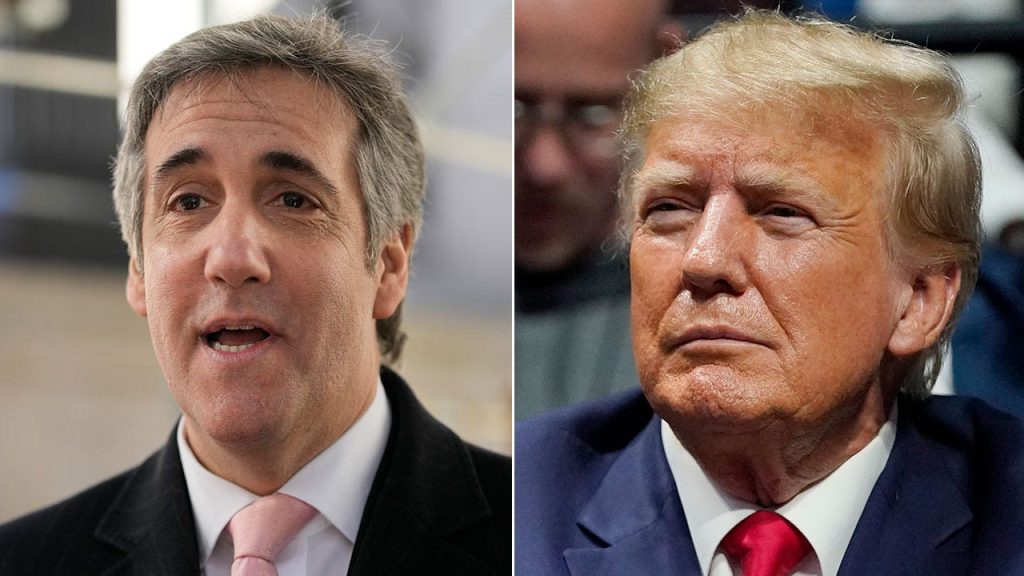Michael Cohen, the former personal attorney of President Trump, testified in Manhattan court that he used his own funds to pay adult film actress Stormy Daniels $130,000 to keep her allegations of an affair with Trump quiet. Cohen took out a line of credit on his home as the 2016 election approached in order to execute a non-disclosure agreement with Daniels. He testified that he felt the payment was urgent to prevent any potential damage to Trump’s campaign. Cohen did not discuss the payment with his wife and chose to use a home equity line of credit to avoid raising suspicion.
Weisselberg, the CFO of Trump Organization, reassured Cohen that he would be paid back for the funds he was fronting to make the payment to Daniels. Cohen later opened a bank account under misleading pretenses to transfer the funds to Daniels’ attorney while describing the account as being for “management consulting.” He wired the funds to Daniels on October 27, 2016, marking the payment as a “retainer” despite its true purpose being to execute the non-disclosure agreement and obtain exclusive rights to Daniels’ claims.
The NY v. Trump case focuses on whether Cohen falsified business records in connection with the payment to Daniels, with prosecutors alleging that the Trump Organization reimbursed Cohen and fraudulently labeled the payments as legal expenses. This alleged action, if proven, would be tantamount to Trump falsifying records with the intent to commit or conceal a second crime. Trump has pleaded not guilty in the case and has criticized it as a politically motivated action by the Biden administration in anticipation of the 2024 election.
Trump recently held a large rally in New Jersey, a historically blue state, boasting that over 100,000 people attended. He claimed that this rally indicated his strong support in the state and in other key battleground states. Trump cited a New York Times poll showing him leading in states like Wisconsin, Pennsylvania, Arizona, Michigan, Georgia, and Nevada. He emphasized that his polling numbers in Nevada, typically a Democratic state, showed a 12-point lead. Trump’s statements regarding his popularity and the size of his rally contrast with the coverage in the mainstream media.
Throughout his testimony, Cohen emphasized that he was taking actions to protect Trump’s interests and that he would not have proceeded with the payment to Daniels without Trump’s approval. He insisted that all decisions regarding the payment required Trump’s sign-off and that he wanted the money he was fronting to be reimbursed. Cohen’s testimony sheds light on the inner workings and decision-making process within Trump’s circle during a critical time in the 2016 election. The developments in the NY v. Trump case and Cohen’s revelations during his testimony have reignited interest and scrutiny into the affairs surrounding Trump’s presidency.















